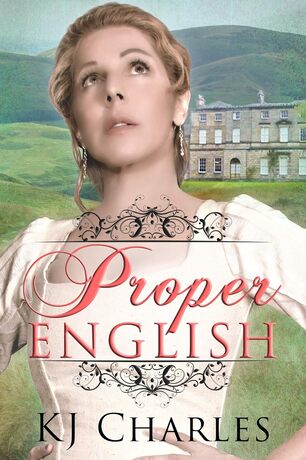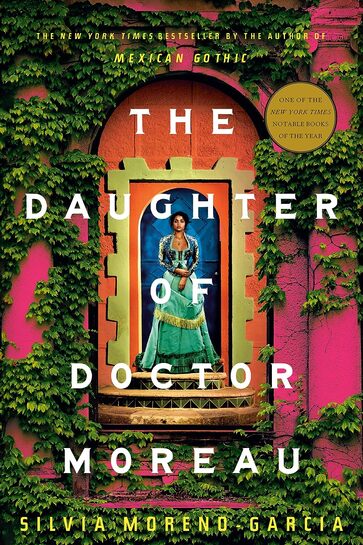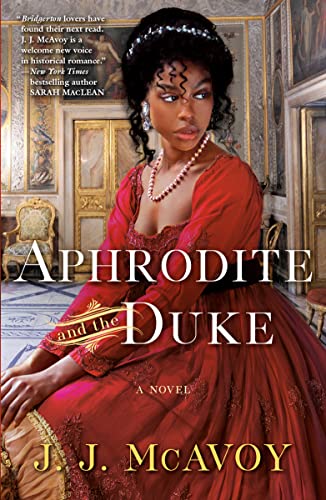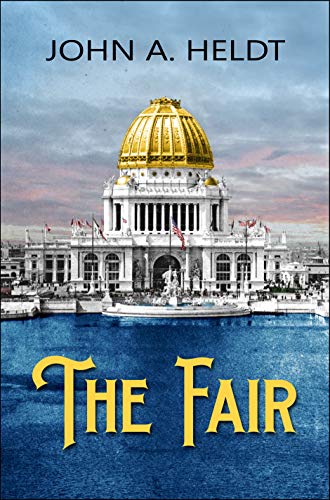 This was my first Edwardian historical fiction romance and I have to say, it was kind of charming. You still have the formal gowns and bodices of regency romances, the demure courtship practices, and the flowery language that makes historical fiction romances so delicious, but there are just enough modern touches (like cars) to give it a bit of a twist. In “Proper English” we follow Pat, who is about to embark on a new adventure with leaving her family home now that her brother is married. With no desire to marry a man, Pat needs to figure out what her new purpose is now that she’s not managing a household estate. She has dreams to open a shooting school for women, or perhaps becoming a lady’s companion, but nothing is grabbing her yet. She hopes that a house party where she can shoot and show off her marksmen skills with her brother, their family friend, and a few others will be just the break she needs to figure out what new direction her life will take. That’s until the house party gets crashed by her friends’ fiancée, and a slew of guests neither she nor her brother were expecting. As Pat’s passions kindle for Fen, a locked door “whodunit” murder mystery threatens to destroy not just her blossoming romance, but her brother and her friends' life as well. You’ll come to this book for the sapphic romance, but stay for the murder mystery, trust me.
0 Comments
 I’m familiar with the Island of Doctor Moreau in the way that most people are: I’ve heard of it, know the basic story of a mad scientist doctor making human/animal hybrids through vivisection, and that’s about it. It’s a “classic” so of course I haven’t read it cover to cover. But that didn’t stop me from being intrigued by the re-imagining of said classic with the added bonus of the doctor’s daughter (who doesn’t exist in the original). When you add that it's set in a historical fiction backdrop during nineteenth century Mexico, and the conflict between the native Maya population and the Spanish/European colonizers, then I'm sold! With that setting, Doctor Moreau’s hybrids have a much more chilling, and all too real, purpose: a form of slave labor to the wealthy landowner and patron of our mad doctor. The writing was lovely and I thought fit the time period the book is set in perfectly, and I loved the parallels made between the hybrids and how most indigenous populations are treated by colonizers. So why didn’t I love this book? “Two Rivers” is a slice-of-life antebellum story like no other. It offers an intimate look at the life of the enslaved on a rice plantation outside of their forced labor duties. But even describing it as such doesn’t quite capture the weight of this book. While the narrative follows many characters, the 84-year-old Uncle Posey is front and center for much of the story, experiencing loss, love, and the struggles of life. The author doesn’t need to show the horrors these men and women faced while in the fields. Instead, Rogers shows us the more domestic side of the enslaved lives when they are swapping stories and meals, with Posey—originally—merely wanting to keep grave robbers from stealing his sister’s body, and finding love and peace again after being a widower for so long. With his sons gone—sold after a failed rebellion—Posey knows too well that there is no such thing as a “good” master. Even if he is treated with kindness, he knows that such kindness is meaningless. With characters like Posey in the situation they’re in, the reader is shown the brutal and uncomfortable relationship between the enslaved and the enslavers on a “friendly” plantation. For a historical fiction, this book gave me hints of “Stamped from the Beginning” with its window into the origins of racism, as well as “Kindred” with the story’s more intimate look at the lives of the enslaved when they aren’t being forced to labor for another’s gain.
 If you’ve been missing “Bridgerton”, as in the Shonda Rhymes show, then this book is 100% for you. I haven’t read the Julia Quinn books, so I can’t say on that front how closely “Aphrodite and the Duke” line up there, but the parallels to the Netflix show are easy to see. You have a tightly knit family traversing the “ton” as one daughter begins her season, the balls are colorful and over the top, the queen feels taken straight from the show with her attitude and massive wigs, even the title of this book is closely tied to that of Quinn’s. Plus, you have our main character who is so attractive she’s intimidating and thus has a hard time getting suitors, though the one she does want has broken her heart before and, due to his family trauma, doesn’t really want a wife though he is obsessed with Aphrodite. I could go on, but trust me when I say that if you want a fluffy romance steeped in the regency vibes of Julia Quinn and Shonda Rhymes, give this historical fiction romance a try!  “The Fair” is book two (of 5) in the Time Box series and, yes, you do need to read them in order and no, they are not stand-alone stories. In this second book, the Lanes are hiding from the billionaire trying to kill them for stealing two of his time machines, theoretically stopping the him from going back in time and changing outcomes of wars in favor of the losing party. Except Robert Devereux COULD still do that, he has his own Time Box, which is what his assassin uses when chasing the Lanes, but it's about the principle of the thing now—you do not steal from the boss and get to live after. So, the Lanes decide to hide in 1893 in Chicago. Chicago, during that time, was the place to be with their World’s Fair (the Columbian Exposition) in full swing giving the Lanes a huge crowd to lose themselves in, and if you know your history as the Lanes’ seem to, you know that this was also the exact place and time where the serial killer H.H. Holmes was operating his Murder Hotel. Between the excitement of the fair, and the danger from the assassin and a notorious serial killer, this book should have been brimming with tension and excitement, but its focus was on more gentler aspects instead. |
Click the book images to see them on Amazon!
Categories
All
|






 RSS Feed
RSS Feed



















